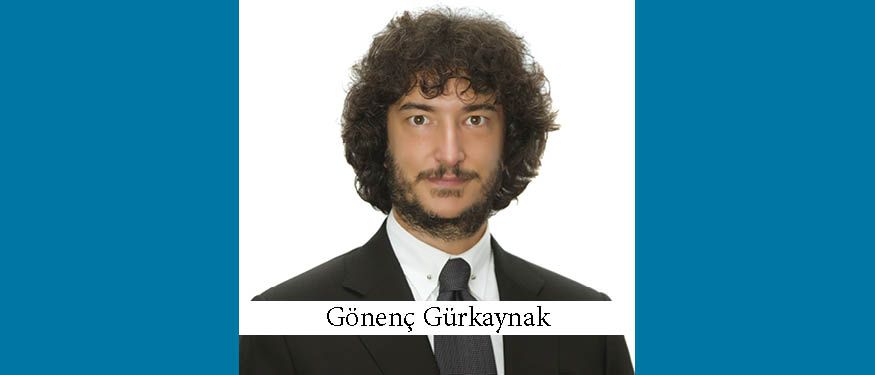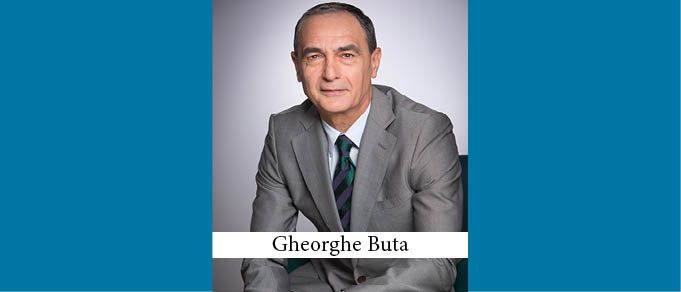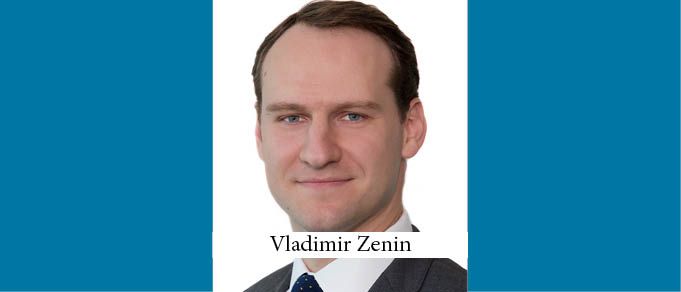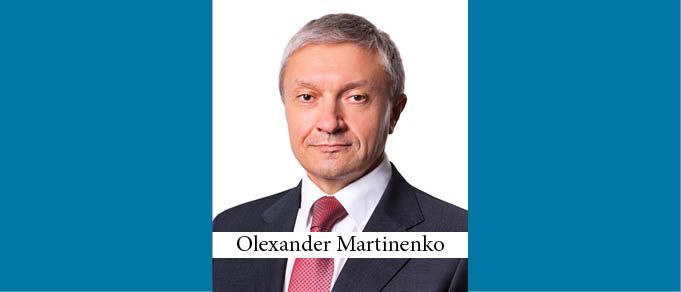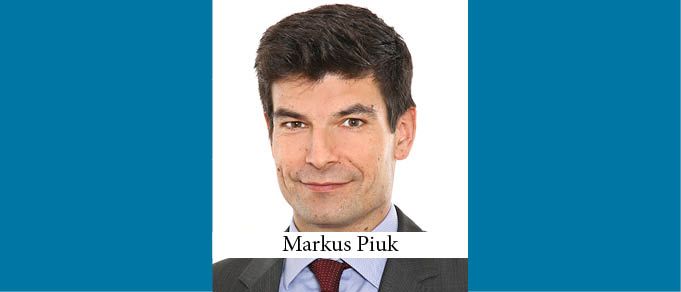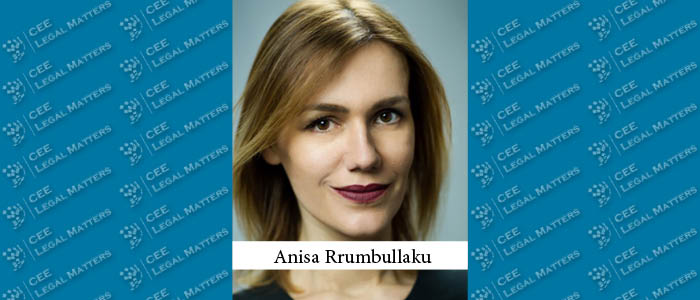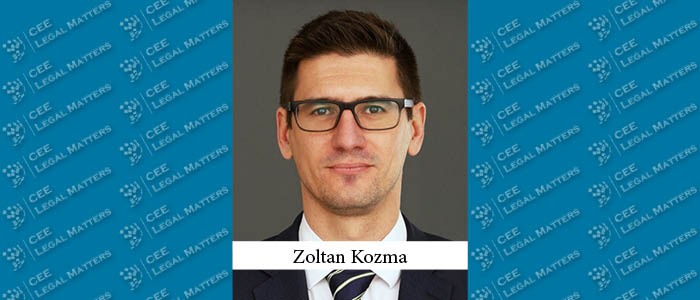David’s editorial in our last issue included a brief explanation as to how CEELM came to be, and included the words: “Because CEE as a thing certainly existed.” I am uncertain to what extent that provided an inspiration for it, but ironically in this issue we have two pieces (see pages 4 and 38) that address, more or less directly, the question whether it still exists “as a thing” today.
Turkey’s Focus on Renewables
As the host of the world’s 17th largest economy and 19th largest population, Turkey’s energy needs are significant – and growing. The country’s energy demand is expected to grow about 5% each year for the immediate future, and the Turkish government has announced its plans to increase the share of renewable sources in the country’s total installed power to 30% by 2023.
Guest Editorial: Thoughts on the Turkish Legal Market
The past couple of years have been particularly challenging for Turkey’s M&A market owing to the domestic and global political climate and the weakened state of the Turkish economy. According to Deloitte’s annual M&A review published earlier this year, the M&A market in 2016 witnessed a total deal volume of USD 7.7 billion through 248 deals, resulting in the lowest deal volume since 2009.
The Corner Office: Associate Mistakes
In The Corner Office, we invite Managing Partners at law firms from across the region to share information about their careers, management styles, and strategies. Our question this time: “What mistake do young associates commonly make that is most frustrating for you?”
The Frequent Flyers
From Alan Ladd’s Shane to Clint Eastwood’s Man with No Name, from Julie Andrews’ Mary Poppins to Gal Gadot’s Wonder Woman, and from Michael Rennie’s Klaatu to Chris Pratt’s Peter Quill, the phenomenon of help coming from far away is a familiar one. A similar dynamic can be found in CEE’s legal market.
Guest Editorial: Law of Attraction – FDI in CEE
The global flow of foreign direct investment amounted to USD 1.75 trillion in 2016, and the number of FDI projects in Europe increased by 15 percent from the previous year. It appears that the perception of Central and Eastern Europe by international investors is improving as well, as CEE received 23 percent of all FDI projects announced in Europe and 52 percent of all new jobs. According to one widely-reported survey, investors ranked CEE as the world’s third most attractive region, behind only Western Europe and the United States.
Editorial: I Wonder if They Knew What They Were In For?
Just recently, Radu and I brought two staff writers on board – our first, after four years in business. Their names don’t appear in this issue, but you will start seeing them, we hope, pop up frequently in future issues. In the meantime, their bylines have already started appearing on the CEE Legal Matters website.
Not Convinced: Romania’s Lawyers Worry That Economic Indicators Paint a Misleading Picture
Although Romania claims the highest GDP growth rate in Europe and a low unemployment rate, all is not rosy in the seventh most populous member state of the European Union, and prominent lawyers in the country admit to profound dissatisfaction with the country’s leadership and concern about its long-term prospects.
Guest Editorial: Proper Legal Representation Critical for Romanian State-Owned Companies in International Arbitration
Recent years have seen a remarkable increase in the number of international arbitration disputes involving Romanian parties. In light of its flexibility, of the freedom parties have in constituting the arbitral tribunal and choosing the seat and language of the arbitration, and the perceived speedy and effortless enforceability of arbitral awards, international arbitration has become a widely-used dispute settlement mechanism.
Guest Editorial: Who Are You, Mr. Mentor?
I vividly remember my first deal ever. It was a debut Eurobond from a Russian corporate after the financial crisis in 1998. I was interning in the “summer boot camp” of a major ILF in Moscow right after the fourth year of my law studies. A first grip at a due diligence exercise, trying to understand what it was like to be a lawyer in private practice – not least to see if I actually wanted to be one.
Editorial: Ever More Bang for Your Buck!
Every October, for some reason, even as we lunge for the end of the year like a marathon runner approaching the tape, we find ourselves overcome with the urge to increase our output, expand our platforms, and grow our company. Last year, for instance, we decided the time had come to move to a monthly from a bimonthly publishing schedule.
Guest Editorial: The Burden of a Lawyer
For many in this world the legal profession is nothing but an appealing vocation. One has to work hard for several years to get a law degree/admission only then to obtain a lavish lifestyle and earn big bucks.
The Good Fight: A Consideration of Hungarian Pro Bono Culture
Pro bono is a Latin phrase meaning “for the public good,” and, in the lawyering context, it refers to legal services provided free of charge, generally to indigent clients or charities or other public interest institutions unable to afford standard legal fees. The practice, which in its current form was developed first in Western legal markets, has seen a significant increase in recent years in CEE as well. Hungary is among the countries leading the way.
The Corner Office: Your Favorite Question
In The Corner Office we invite Managing Partners at law firms across the region to share information about their unique roles. The question this time around: What is your favorite question when interviewing a job applicant, and why?
Guest Editorial: Big Wheel Keep on Turnin’
Traveling the region on legal business I sense a lot of buzz surrounding law firms in CEE. Headline transactions are numerous and deal-pipelines appear to be well-fueled. With the tailwind of news about solid economic growth in the European Union there are good chances that this trend will last. The future for law firms in the region looks brighter than ever. But there are also challenges ahead of us as the legal industry, in CEE as everywhere else, is headed for some turbulent times.
Editorial: How an Interview is Like a Madeleine
I received my law degree from the University of Virginia School of law, so you may not be surprised to learn that the interview I conducted with Polly Lawson, the Assistant Dean for Graduate Studies at that law school produced a flood of memories in me. What may be more surprising is how many of them are CEE-related.
Guest Editorial: Belarusian Legal Market Overview
At 30 years old, the Belarusian legal market is still relatively young. The end of the 1980s and early 1990s was a time of new economic relations; the first non-state companies appeared and the first foreign investors entered the market. These new economic conditions required lawyers focused on economic law, and soon the first Belarusian private law firms and individual practitioners appeared. Some of them (including the Law Laboratory, which was founded in 1990 by me and my colleague Natalia Kozyrenko and which later transformed into Vlasova and Partners) remain the “top dogs” on the Belarusian market today.
Guest Editorial: Times are Good – Baltics Roar Again
The overall recovery of global economies and, specifically, growth in Europe, has had a direct impact on the legal markets of the Baltic countries.



